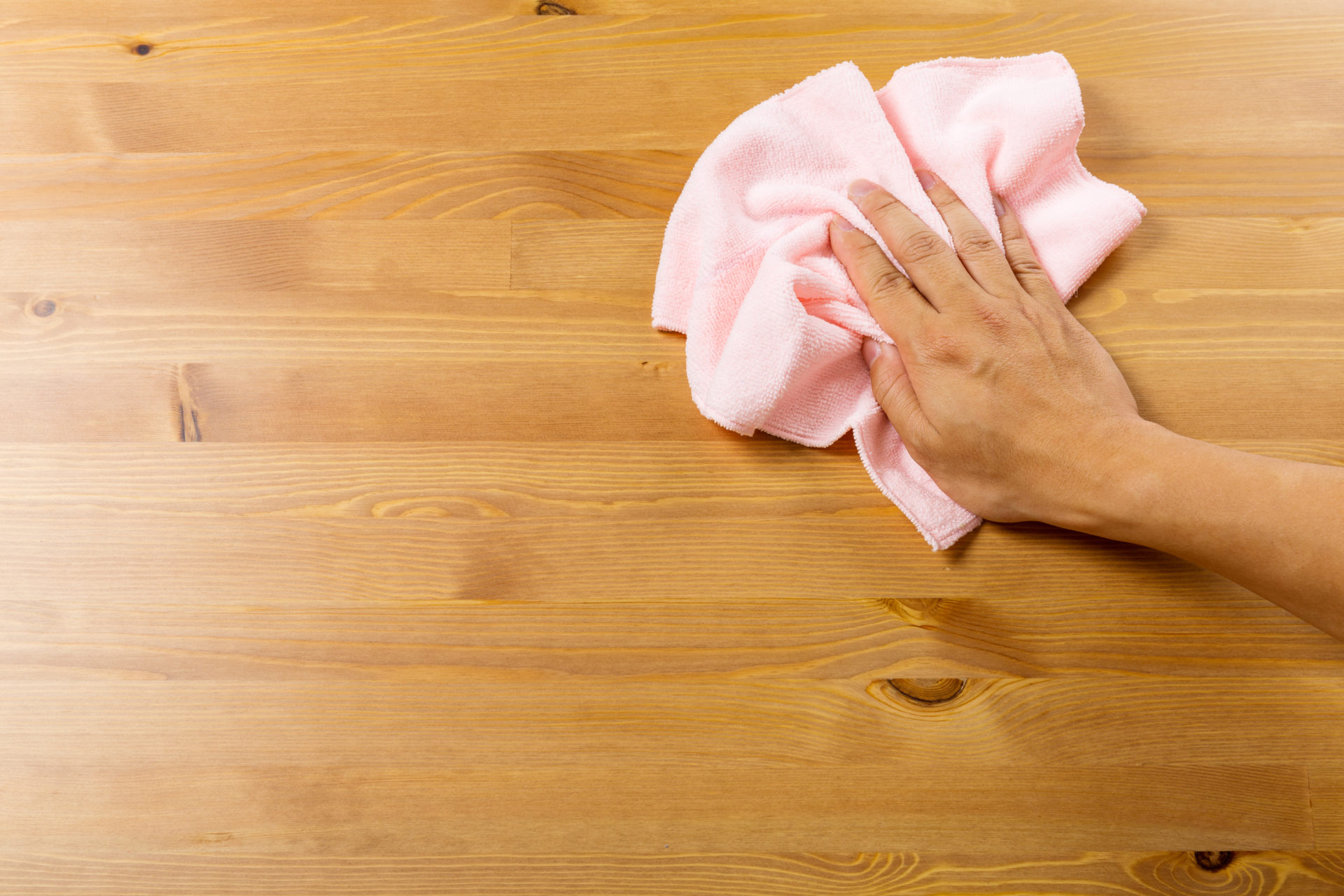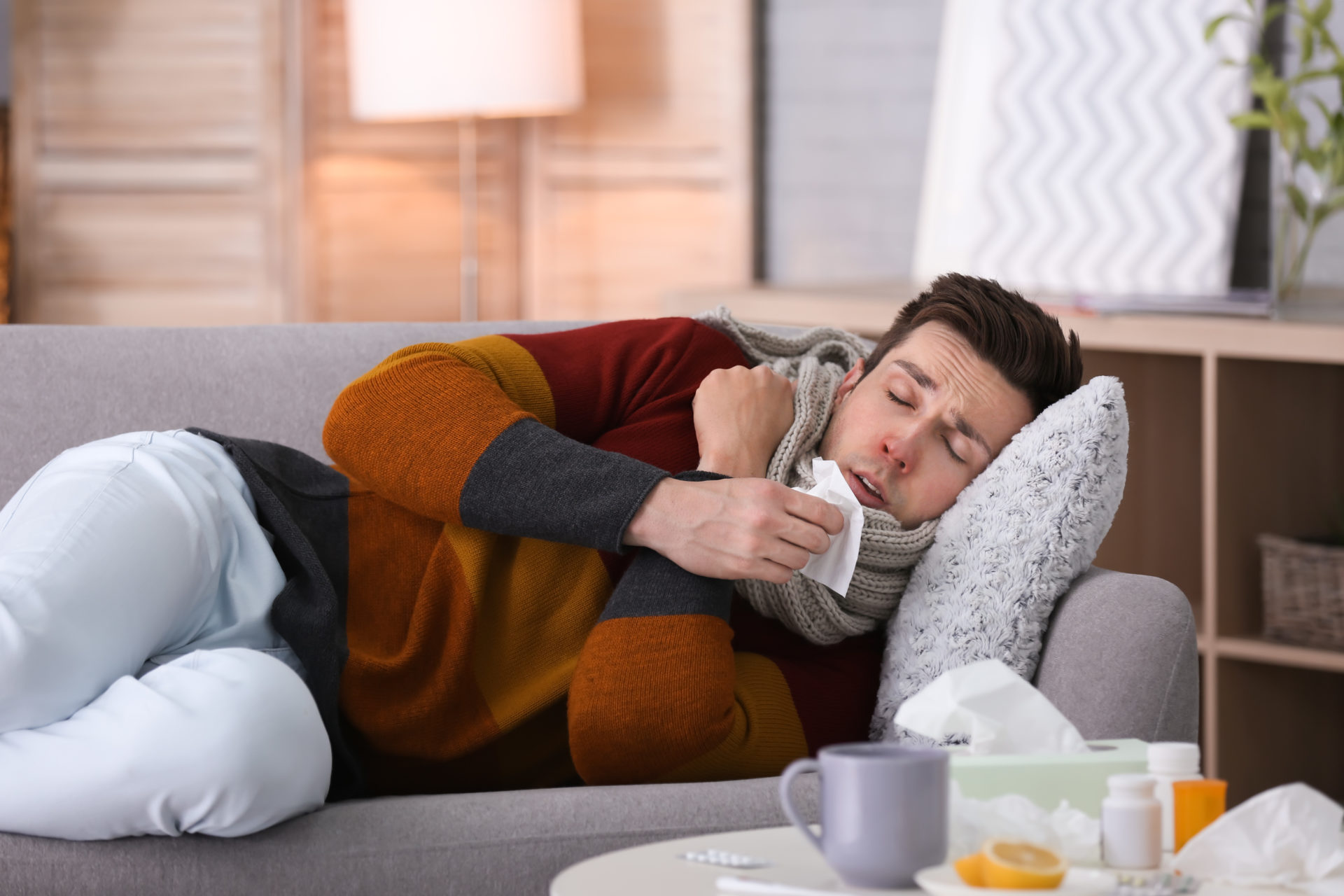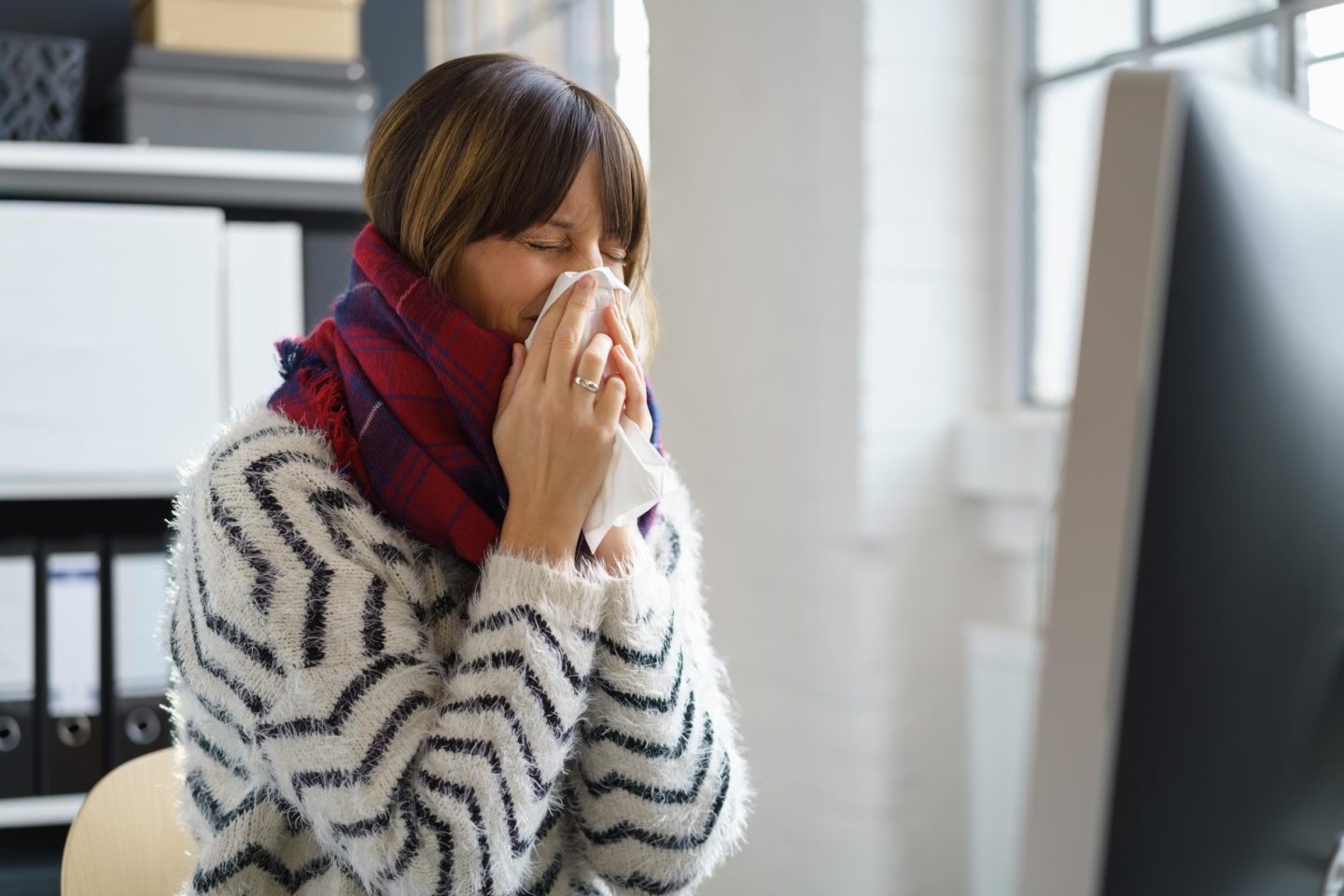Every year, millions of people around the world come down with the flu, which keeps them out of work, in bed, and unwell for what in some cases can be weeks at a time. This past winter hit especially hard with hospital admittences and fatalities soaring across Europe and abroad, which is why it’s so vital to wisely prepare for the flu season ahead.
It’s never too early to start living more healthfully, and besides arming yourself with a flu jab, there are many more measures you can take to safeguard yourself against this illness at home and at work.
Luckily, Staples is here to help. Beyond office supplies, we offer a wide variety of washroom and cleaning solutions that are certain to leave any office, cubicle, or breakspace spotless and sparkling fresh. It’s just a matter of making these items available and within reach, and encouraging a culture of well being, consideration, and mutual respect among employees.
Here are the key ways to prevent getting sick and protect your colleagues:
1. Wash and dry your hands properly

Washing, drying, and disinfecting your hands after a trip to the bathroom and throughout the day is one of the best defences we have against the spread of germs and illness. And yet not all of us do it, right or at all. Put a reminder up in the washroom to incite good hygiene and better ways of washing up.
And know that drying is just as important as washing. Bacteria cling to damp hands more easily, so be sure to dry them thoroughly after you’ve finished with the water and soap. If you’re wondering which drying method you should go for, we’ve finally answered the age-old question here: which is better, hand towels or electric dryers?
2. Keep workspaces clean
If you think the loo’s dirty, you wouldn’t even want to imagine all the germs gathered round employee keyboards, phones, notebooks, and work areas. An estimated 10 million bacteria live on your desk, so keeping it and the various tools on it clean is a vital way of keeping germs at arm’s length. This is even more important in hot-desking offices, where several people might use the same, possibly germ-filled, workspaces.
Email this handy guide to your colleagues, or print it out and pin it to your office noticeboard, to show them how to properly clean their workspaces.
3. Wipe down common areas
Flu viruses survive on surfaces for up to eight hours. Bacteria collects where food is stored much more than it does in bathrooms—think 30,000 germs per square centimetre on a kitchen sink versus 300 on a toilet seat. Not to worry, though, as it’s easy to battle with some conviction and the right tools. With anti-bacterial wipes or environmentally friendly cleaning spray and paper towels nearby, everyone should feel encouraged to do their part in keeping spaces clean and germ-free.
4. Use your own cup, dish, and cutlery
If you’re more susceptible than most to falling ill, you might consider keeping a personal set of dishes and cutlery in the office. That way, you can keep track of when they’re used and washed and don’t have to worry about sharing germs and potential infections with co-workers. Or go a step further and get customised mugs for the entire team. That way, over their next cup of coffee, they’ll know they won’t be swapping anything more than friendly conversation.
5. Keep the right supplies within reach
Tissues, cleaning wipes, and hand sanitiser should be tucked away throughout the office for easy and frequent use. They may seem like just a quick fix, but these products go a long way when it comes to containing and eliminating germs from the workplace.
Sneezing into a tissue that you throw away immediately stops you from sneezing into your hands and then touching communal objects with the same hands. Keeping cold and flue medication or at least paracetamol at hand will also go a long way in helping to reduce any symptoms as soon as they come in, giving you less chance to spread the flue virus.
6. Work from home when you’re feeling ill
If you feel something coming on, take a day or two and work from home. And if it’s something more serious, don’t hesitate to take a sick day. Resting when your body needs it is the only way to make sure you can come back revived and once again ready to put in 100%. But remember: in the case of flu, drink plenty of fluids, get as much sleep as possible, and stay at home until you’re fever-free for at least 24 hours.








